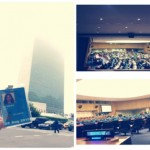
I was sitting across from various diplomats of the United Nations (UN) member states in conference room 4 at the UN Headquarters in New York. With interpreters speaking rapidly in the background and everyone scanning through the volumes of notes sitting in front of them, the atmosphere was electric with buzz of policy ideas and back and forth discussions about the Sustainable Development Goals (SDGs) and targets.
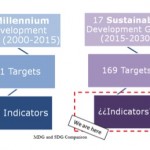
In some ways, the world is getting better. It’s something that I tend to forget sometimes. Amid all the doom-ridden headlines and the pictures of polar bears treading water, literacy rates are improving, people are escaping extreme poverty and our path as a society has continually become more equal and less violent with an improved quality of life.

Even those who are not interested in climate change and in the well-being of the environment usually know that using inefficient light bulbs rather than efficient ones, eating meat rather than vegetables and traveling by car rather than by public transportation result in higher greenhouse gas (GHG) emissions. What they probably do not know is that if you live in a Western country, many of the simple daily actions you do are a major source of emissions. What if I told you that the Western lifestyle is highly unsustainable?
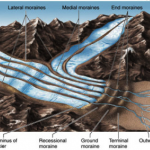
A recent piece of biomedical research has drawn extensively from an unexpected source: glacial moraines.

Throughout my academic career, professors have pointed the proverbial finger at my fellow classmates and me saying, “it’s up to you to fix this mess.” We are the bright young minds of tomorrow who will create solar panels half the size with three times the efficiency, harness the power of the waves, find better ways to manage our trash and waste, change the conversation on climate change and, ultimately, save the planet.
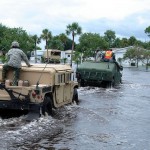
Florida is the top state in U.S. most at-risk of flooding due to both climatic and geographic reasons. Florida suffers from both river and coastal floods. And being located in the subtropics makes Florida vulnerable to tropical and subtropical cyclones, also known as hurricanes. From 2000 to 2013, 63 hurricanes or tropical storms have struck Florida and caused over $64 billion in damage collectively. Florida’s terrain is also relatively flat so it’s harder for water to drain.
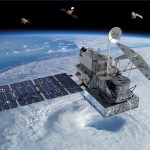
Imagine a drought year for a small farmer. Crops, the money he invested and his yearly source of income is lost. How can he be helped? Maybe he could ask his family or neighbors, but what if his community depends on agriculture and has the same problem. Is there a way to help from space? It might sound weird, but yes.
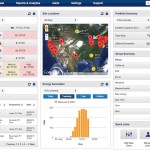
President Jimmy Carter installed solar panels on the roof of the White House during his presidency. This was a huge step towards energy independence during the Arab Oil Embargo in 1979, not a statement about climate change. It’s clear in hindsight that President Carter was onto something big.

A solar tax credit is expected to expire late next year. Will it spell the end of the solar industry?
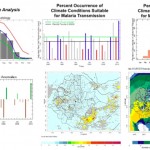
When I started my work at IRI, I had no idea what ENACTS was, how it was related to Ethiopia or how climate was related to health. That was in December 2014. But I quickly learned about it and by July 2015, I found myself riddled with vaccines and leading meetings in Ethiopia on how ENACTS and climate services could aid in decision-making and strategies for malaria elimination.













